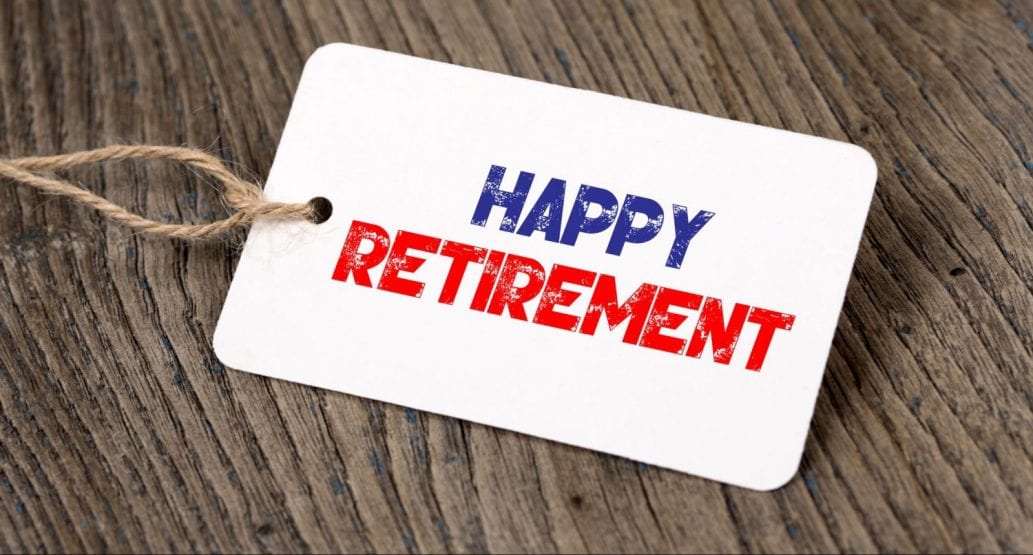Last week we brought out the differences between budget, cash flow, and statement of net worth. We also brought out what the components of each are. Today, we will try to see what may be the similarities and differences in the budgeting, cash flow and net worth statements of individuals in various stages before and after retirement.
Recall that we have defined individuals in the first pre-retirement stage as those just beginning their careers and professions and up to the tenth year; the second pre-retirement stage is for those after the tenth and up to the thirtieth year; the last pre-retirement stage is that from the thirtieth to the thirty-fifth year, while those in retirement are those after the thirty-fifth year. Again, you recall that these are fluid definitions and will vary between one individual and another with different people spending different years in their careers and starting their retirements earlier or later than others.
Pre-retirement Stage One: In pre-retirement stage one, individuals, except those in high-paying jobs or starting highly successful businesses, are likely to be faced with cash deficits as they struggle to acquire the ‘basics’ of this life, build platforms for what they want to achieve in their professions and begin to raise a family. Consequently, cash flow would likely be tight and there may not be much investments that would begin to show in their statement of net worth. At this stage, therefore, balancing the budget may be difficult but should be strived. Similarly, building assets may be far-fetched but should be aimed at. A person at this stage who can begin to save towards acquiring income-generating and growth assets is already showing good potential for successful long-term financial planning.
As expenses in this stage might frequently exceed revenues and incomes, persons in this stage might often need to bridge finance some of their activities. If you have to borrow to cover expenses, ensure that you build a reputation for discharging obligations on agreed terms. If you are acquiring assets, make sure they support what you are doing towards positioning yourself to earn more income, service your obligations and build a productive asset base. Over time, your budget should begin to balance and little assets begin to get acquired.
- Hajj fare: Sokoto asks NAHCON to extend payment deadline
- Debt: Kaduna APC women leader suspended for criticising Sani
Pre-retirement Stage Two: In pre-retirement stage two, depending on an individual’s plan, balancing the budget (entirely by ‘internally-generated’ incomes and revenues) may be a desired but not necessary objective. The reason is that this is a stage where an individual should aggressively build growth and income-generating assets. This may require leverage, which should not be aversed to as long as repayment cash flow can be generated from the asset acquired or other supporting assets (before the acquired assets begin to grow and/or generate revenues).
This is a very challenging stage, where an individual has to cater for the growing family, begin to pay private school fees and also build assets! Thankfully, individuals in this stage are reasonably prepared with growing incomes, widening relationships, and increasing capacity to seize opportunities, etc. Quantum of cash inflow, expenses and level of investment should burgeon at this stage as you pursue an aggressive growth strategy. All these should show on your budget, cash flow and net worth statements.
Pre-retirement Stage Three: This is a delicate stage. On one hand, you need to build more sources of revenues and assets but on the other, you need to consolidate and not take callous risks. This is a stage in which there should be no deficits in the budget and cash flow except due to one-off transactions that will cycle out and, hopefully, build more income-generating assets for you.
In this pre-retirement stage, we will expect that desired assets have been acquired and monthly and annual revenues and incomes from the assets on your statement of net worth are generating monthly and annual revenues and incomes that exceed monthly and annual expenses. At this stage, it is hoped that you are beginning to handle your personal finances as if you are already in retirement, with you beginning to live comfortably on the kind of income and revenues you will be expecting in your eventual retirement.
Retirement: Depending on at which point and situation we retire and what our personal choices are, we may have more years to remain active and productive. If we opt to be active by extending our careers or engaging in new ones, we should do so taking into consideration the realities of our age, health situation, financial state, relationships, where we live, etc. Regardless of the choices, however, being on top of our finances by controlling our expenses and managing the assets on our net worth statement is paramount. A crucial part of that is to ensure that we take only risks that we are comfortable with and which cannot ‘bring down the house’. This means we should be clear of the downside of any risks we may be taking and be prepared to contain them.
If we are taking the ‘soft’ retirement option, meaning that we will be relying on our pensions and cash flow from our private investments, we will need to be even more cautious. As a general rule, we should only do what we can afford. This means the net of our budgets should always be positive by having quality assets on our statement of net worth that generate good cash flow to cover our budgetary requirements.
The point above is that what we do in each stage of our careers has an eventual influence on what our retirement would likely be. Next week, we will take up some investment options.

 Join Daily Trust WhatsApp Community For Quick Access To News and Happenings Around You.
Join Daily Trust WhatsApp Community For Quick Access To News and Happenings Around You.
